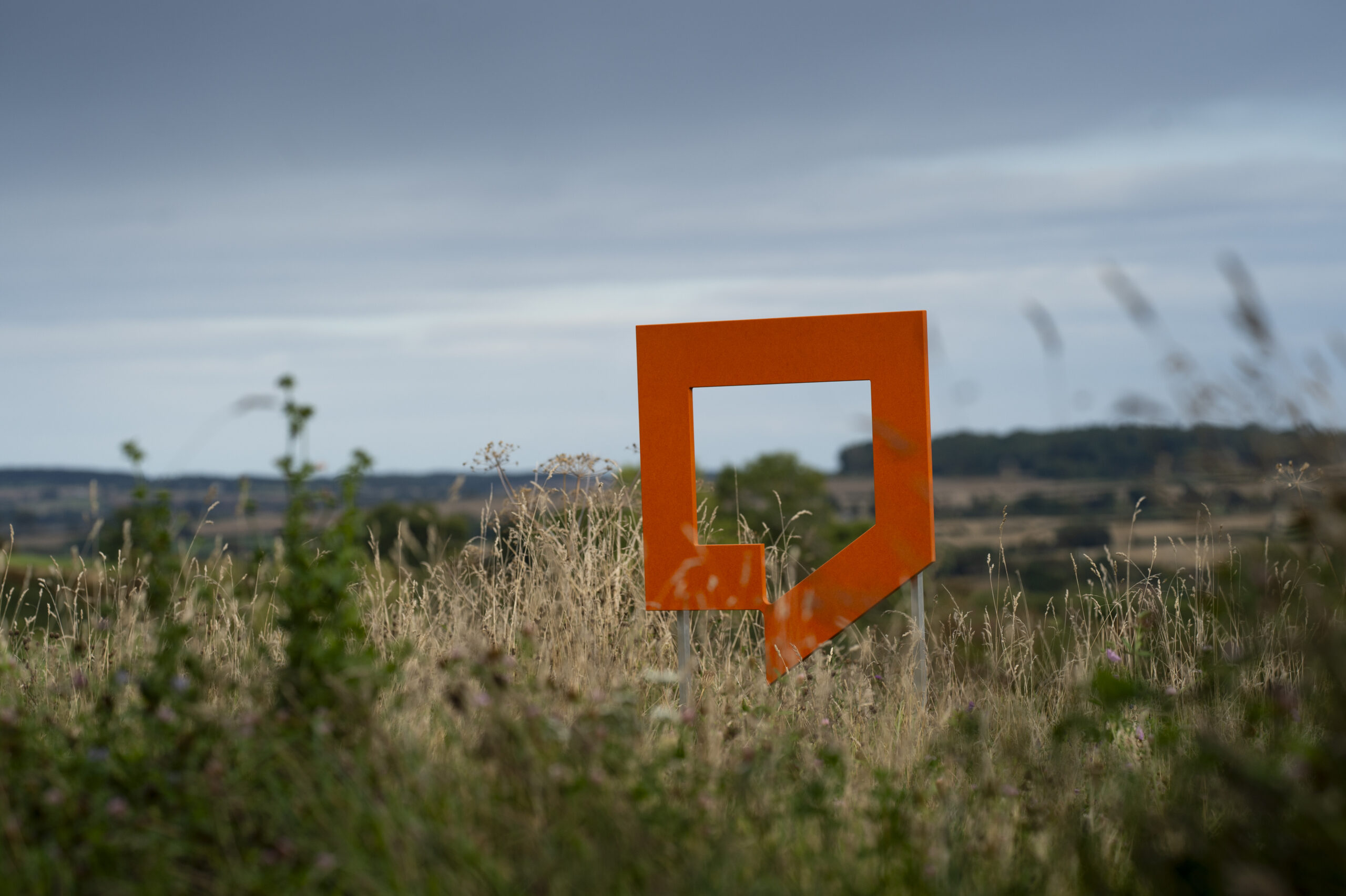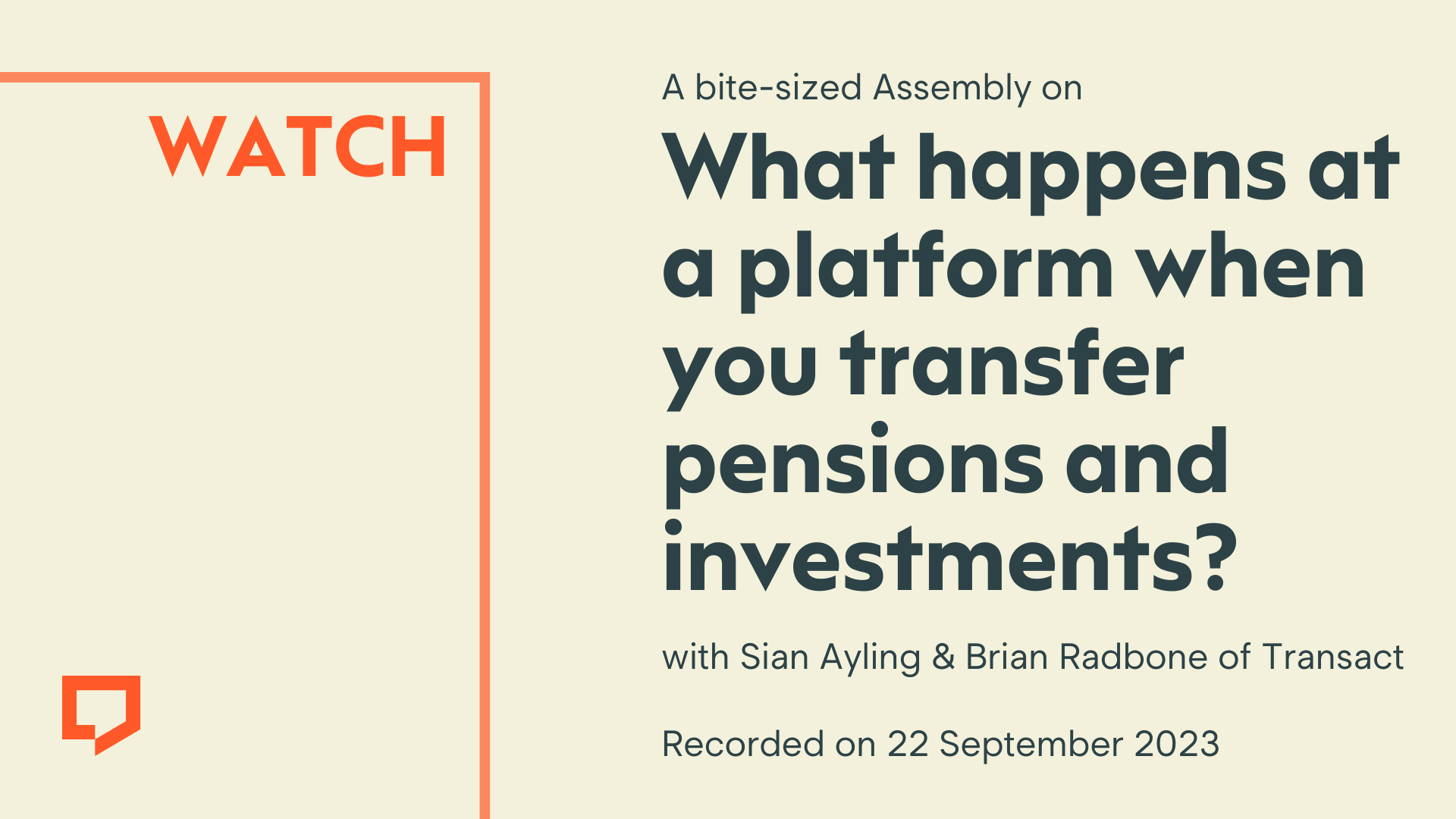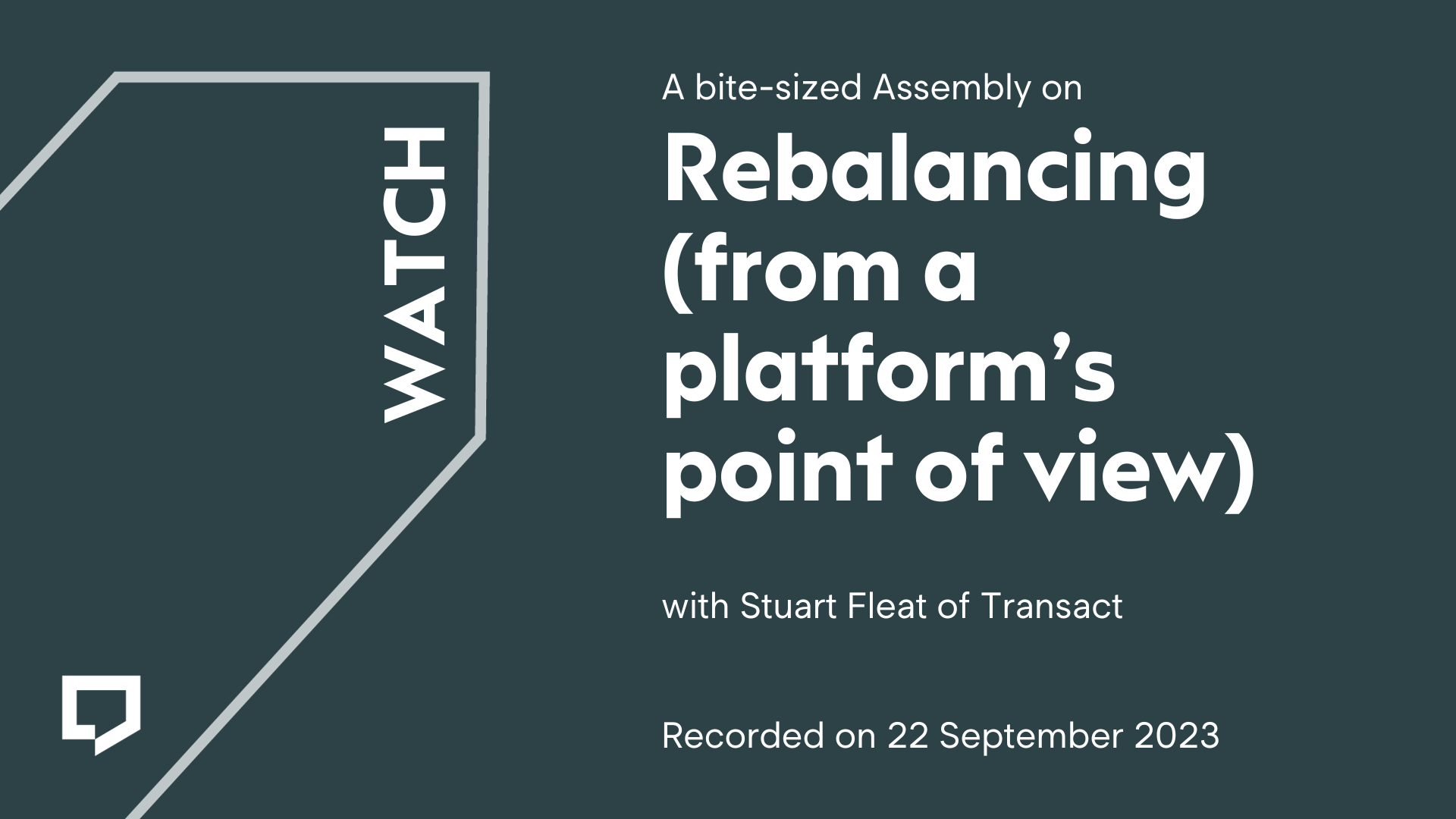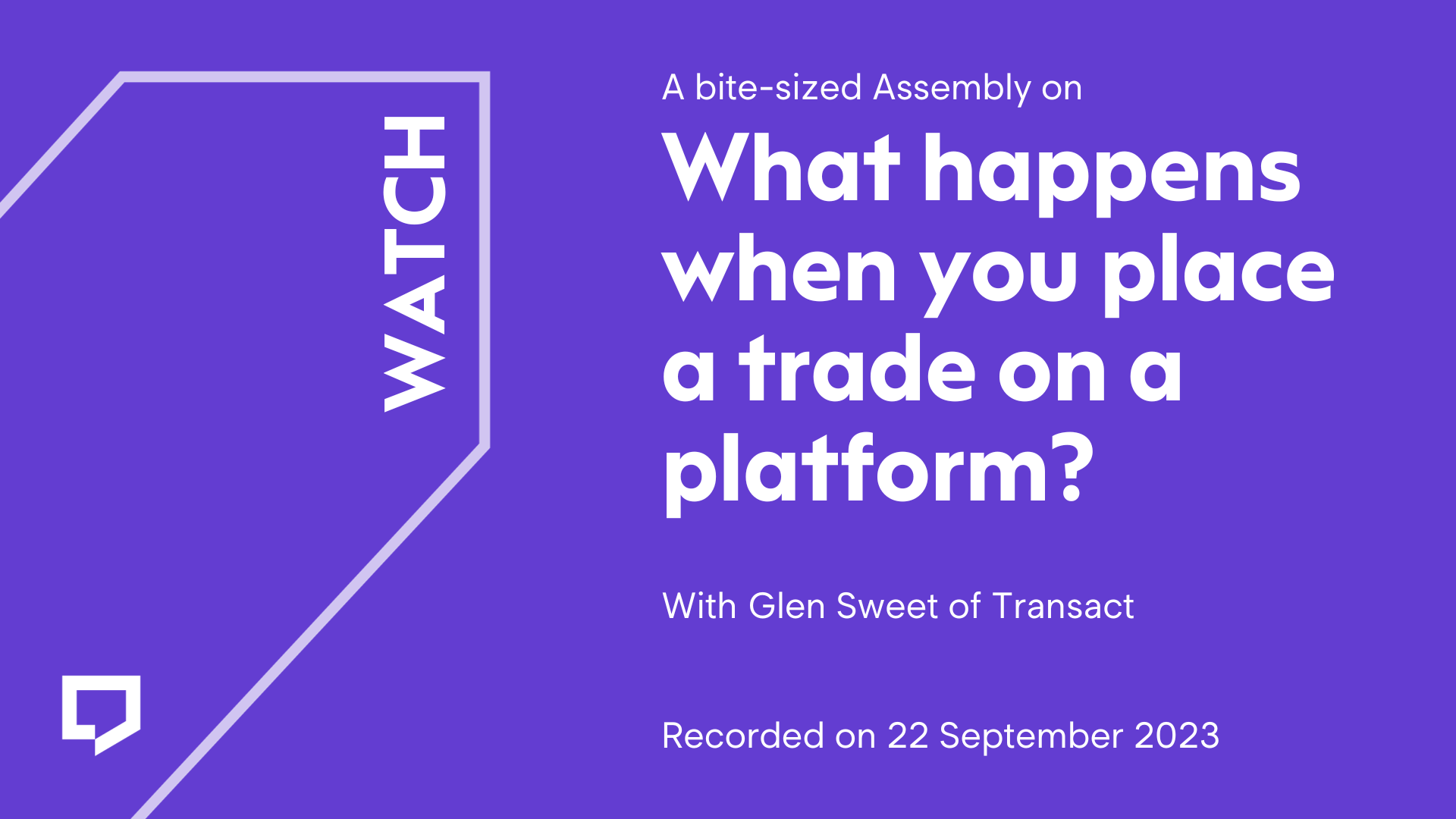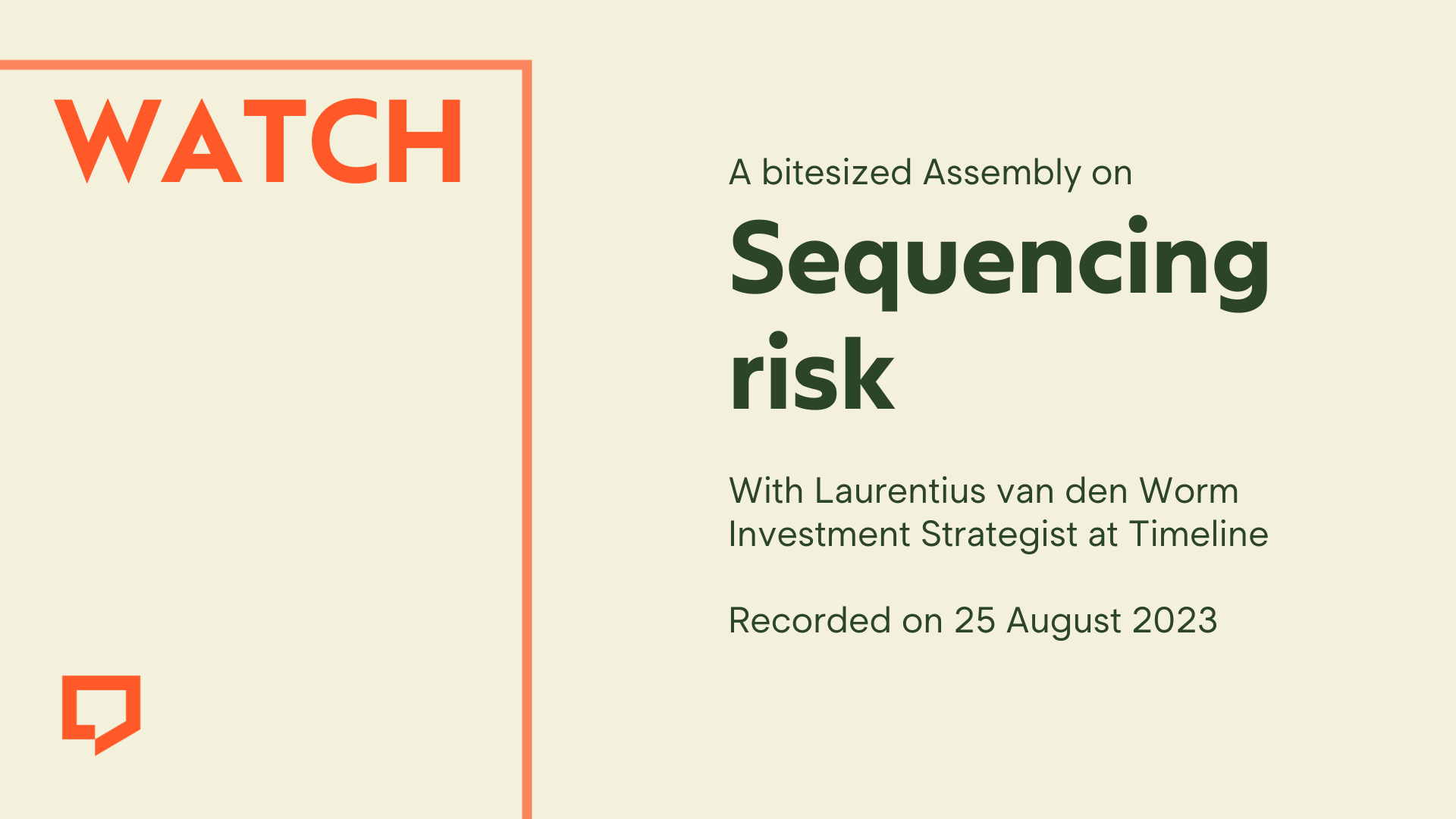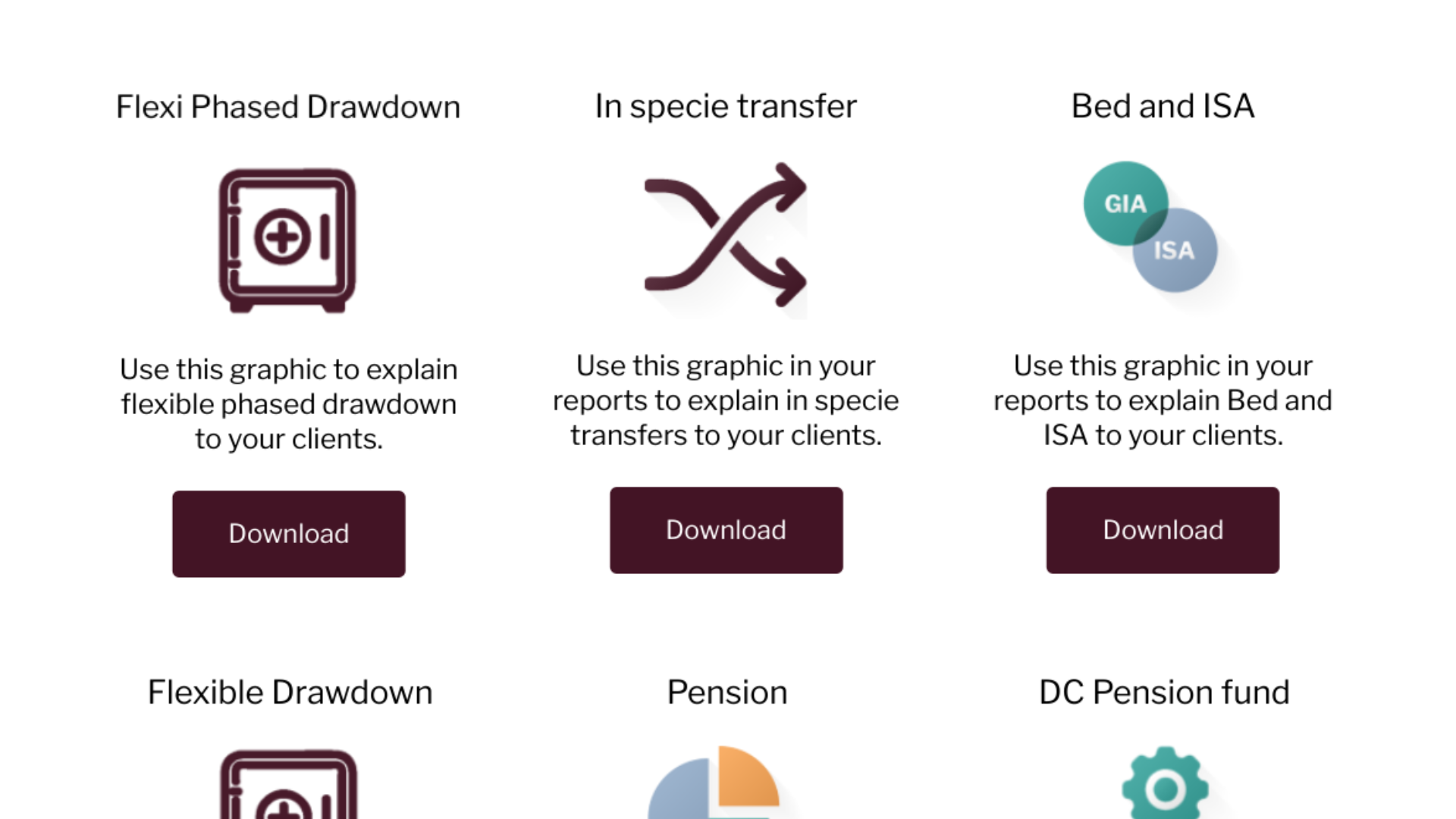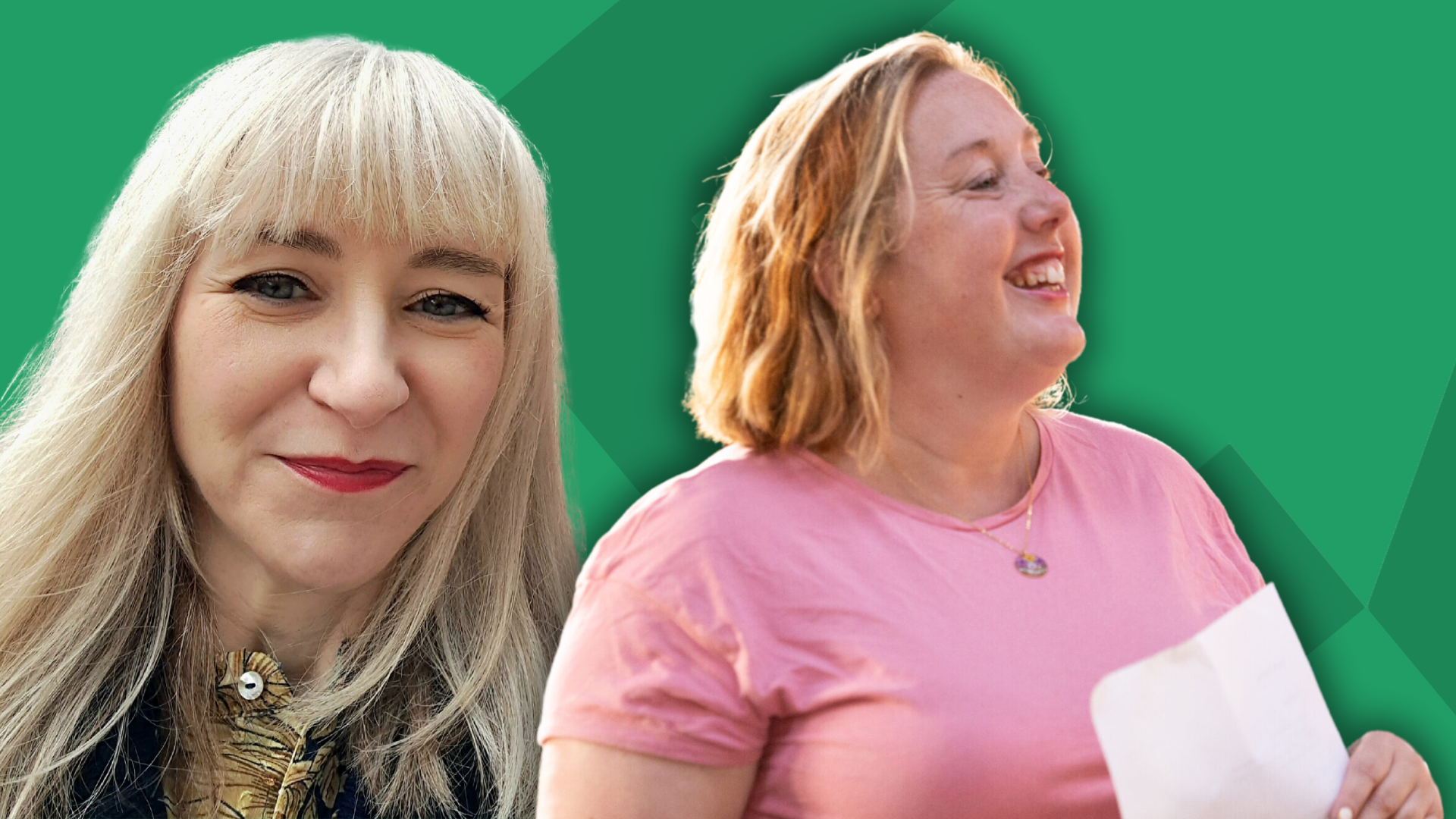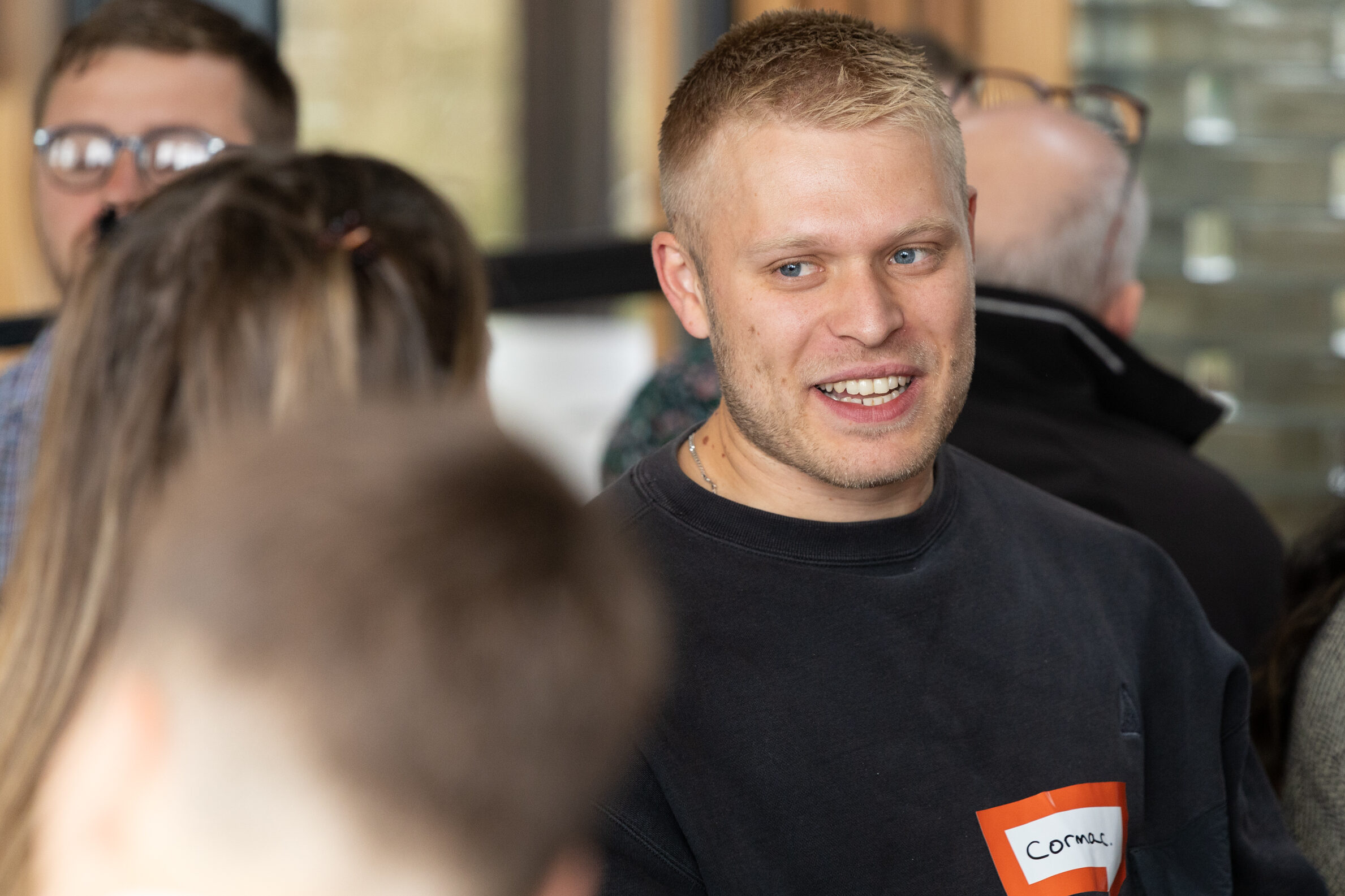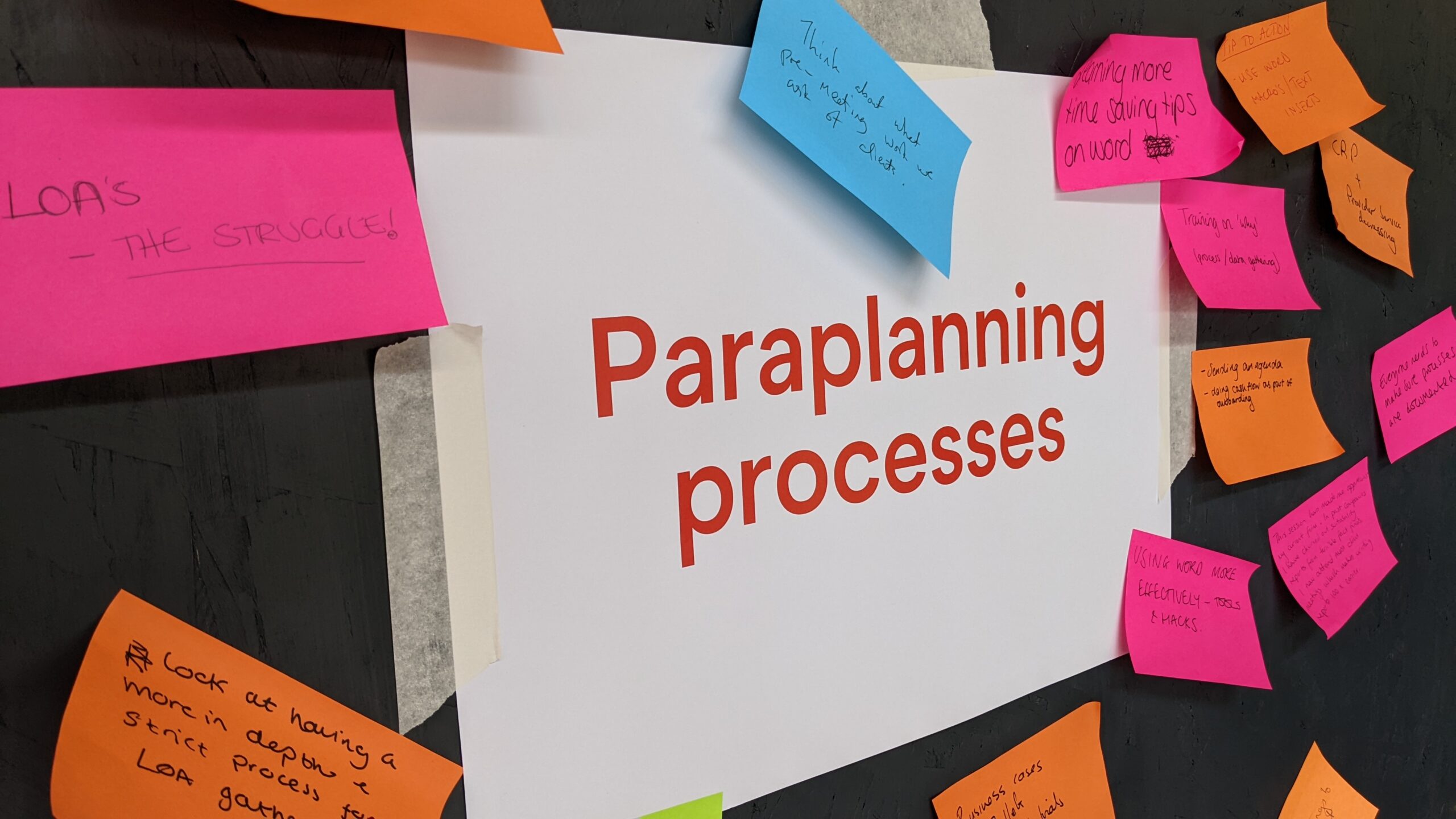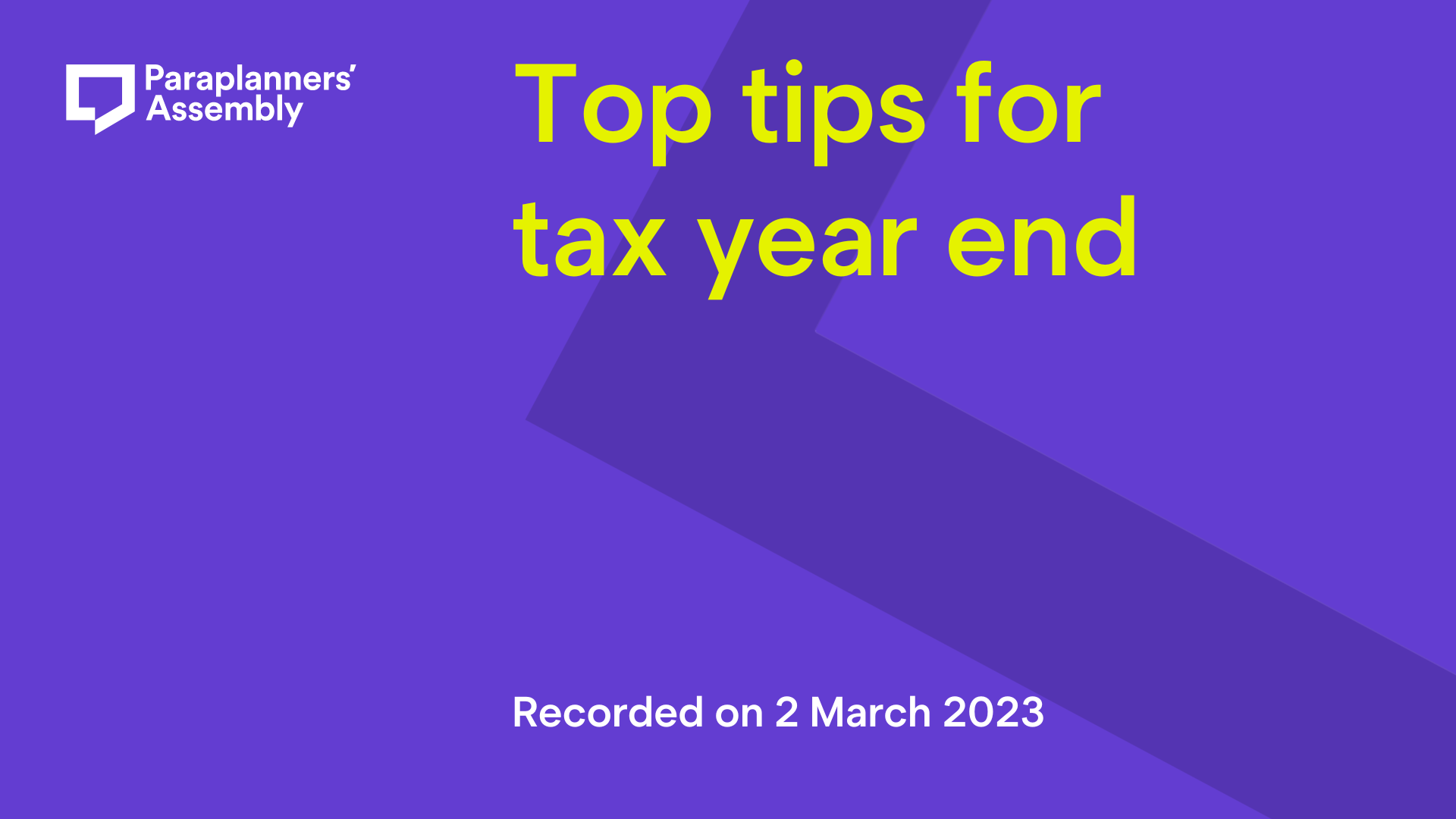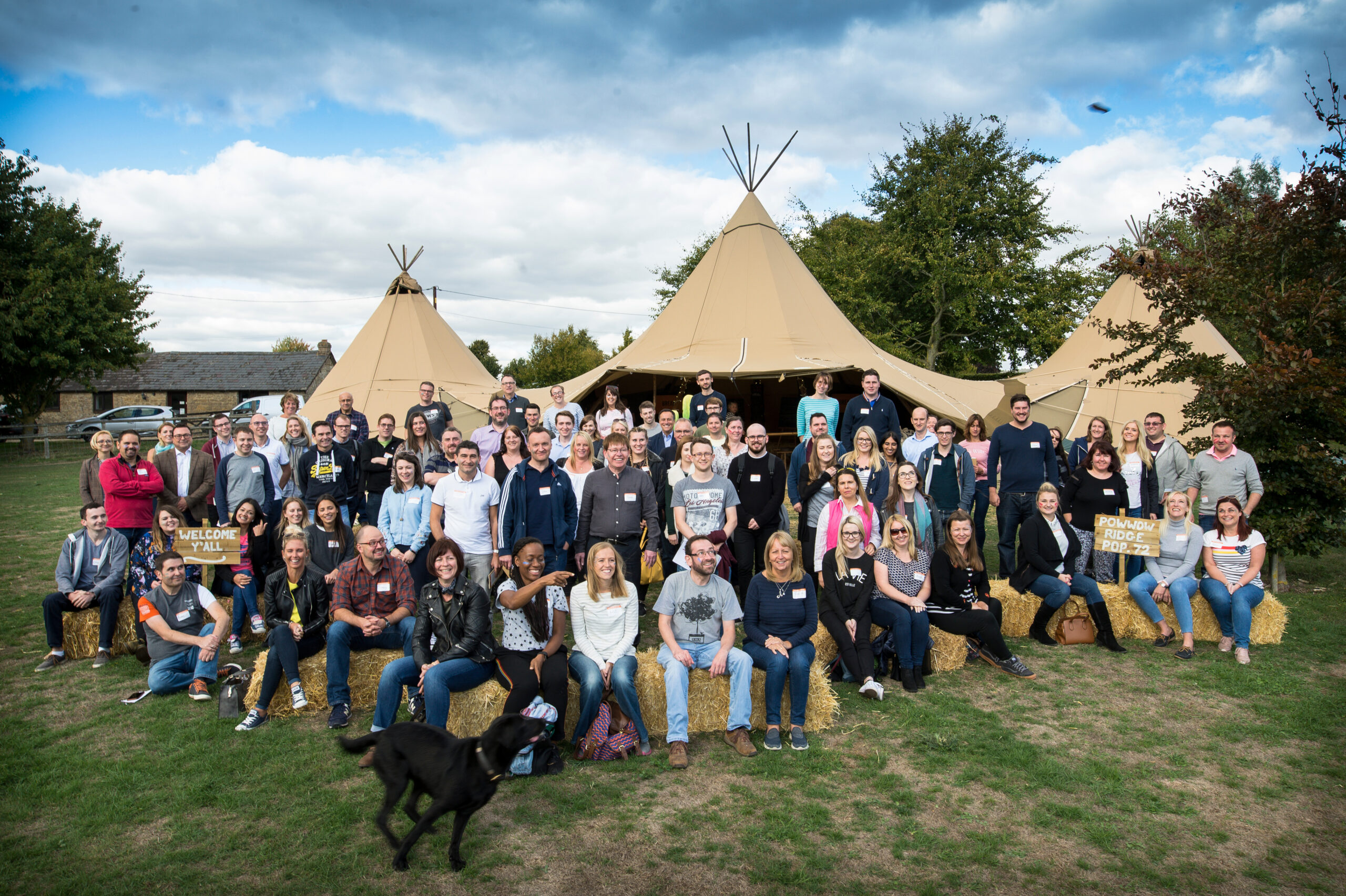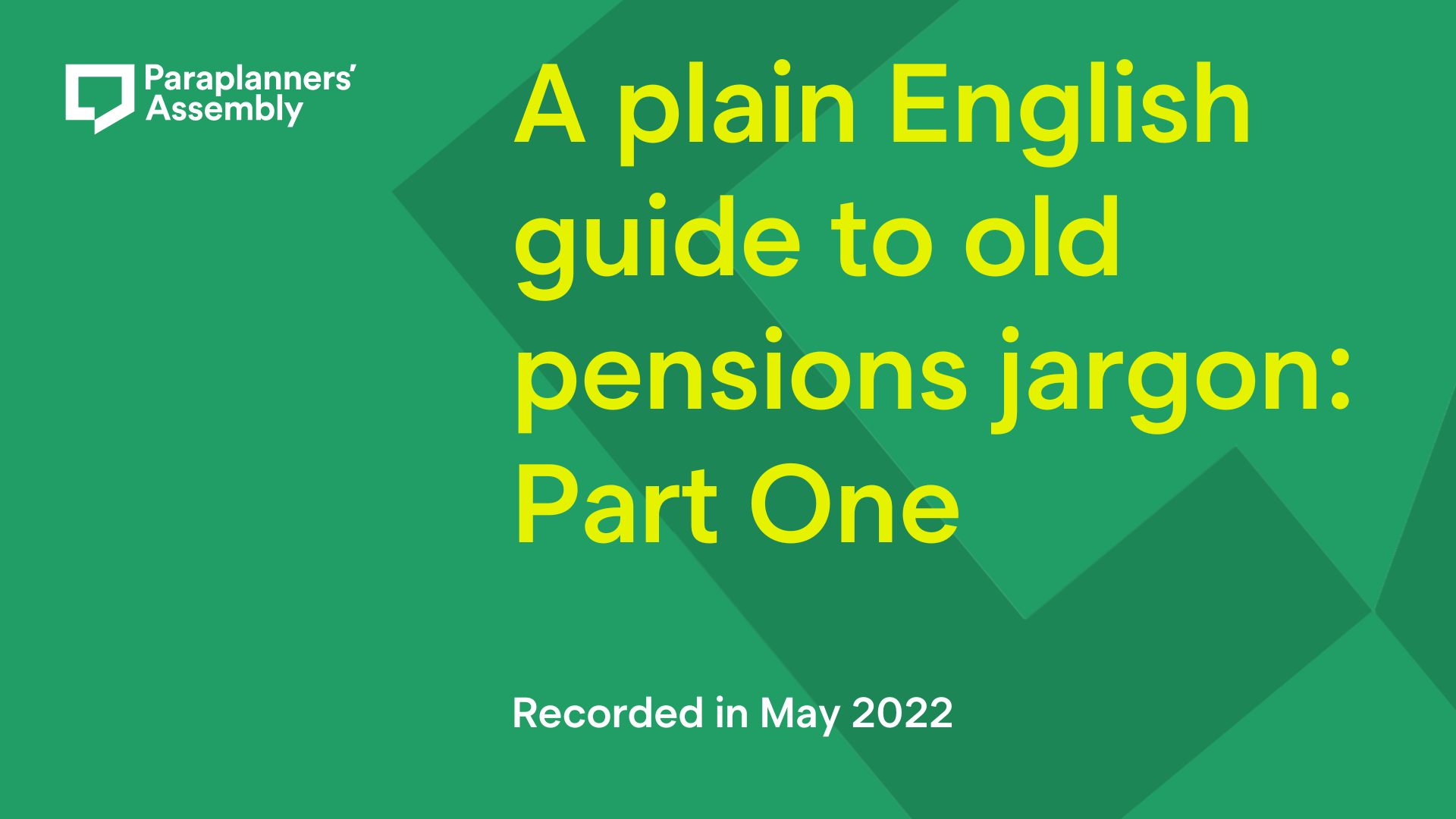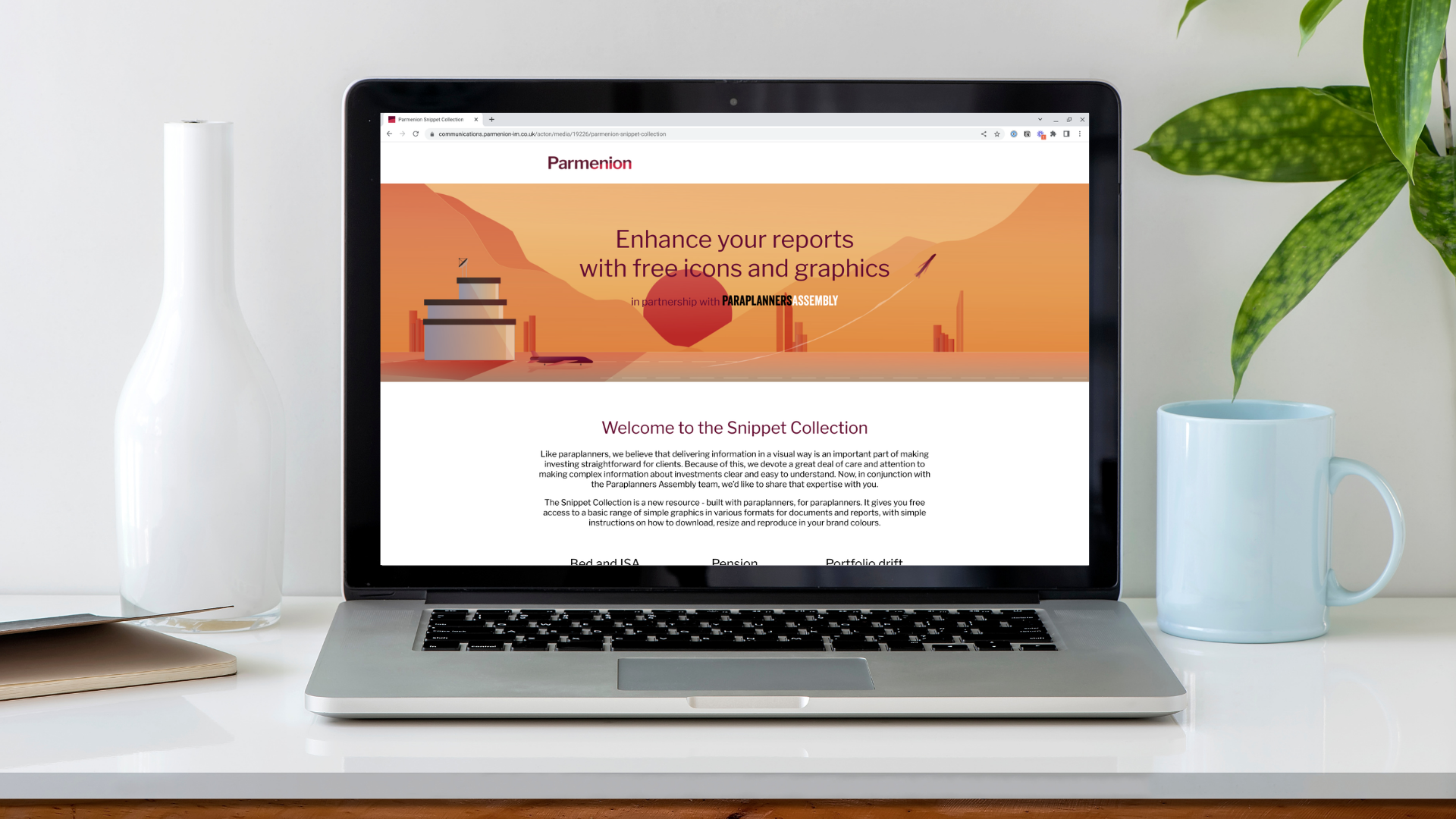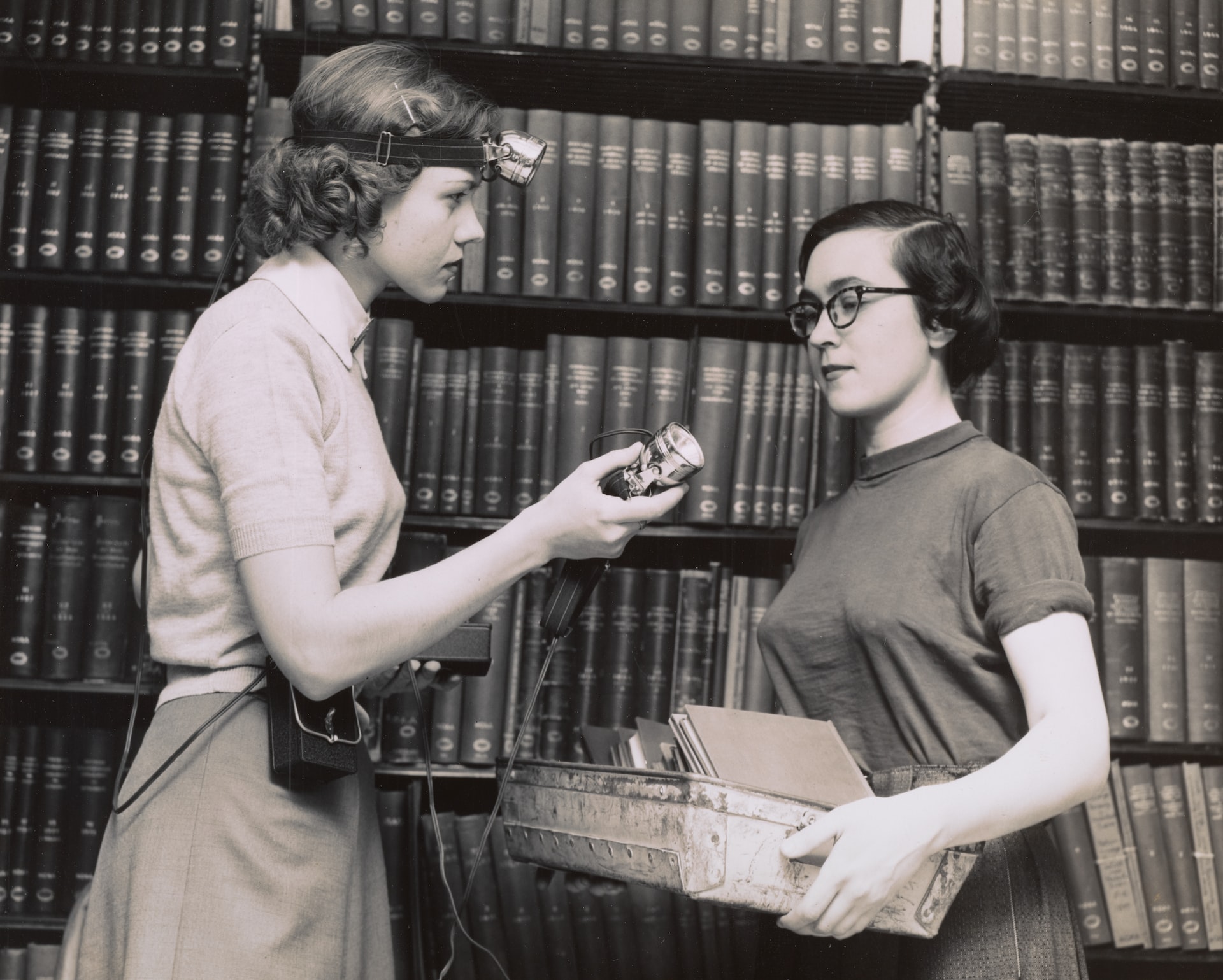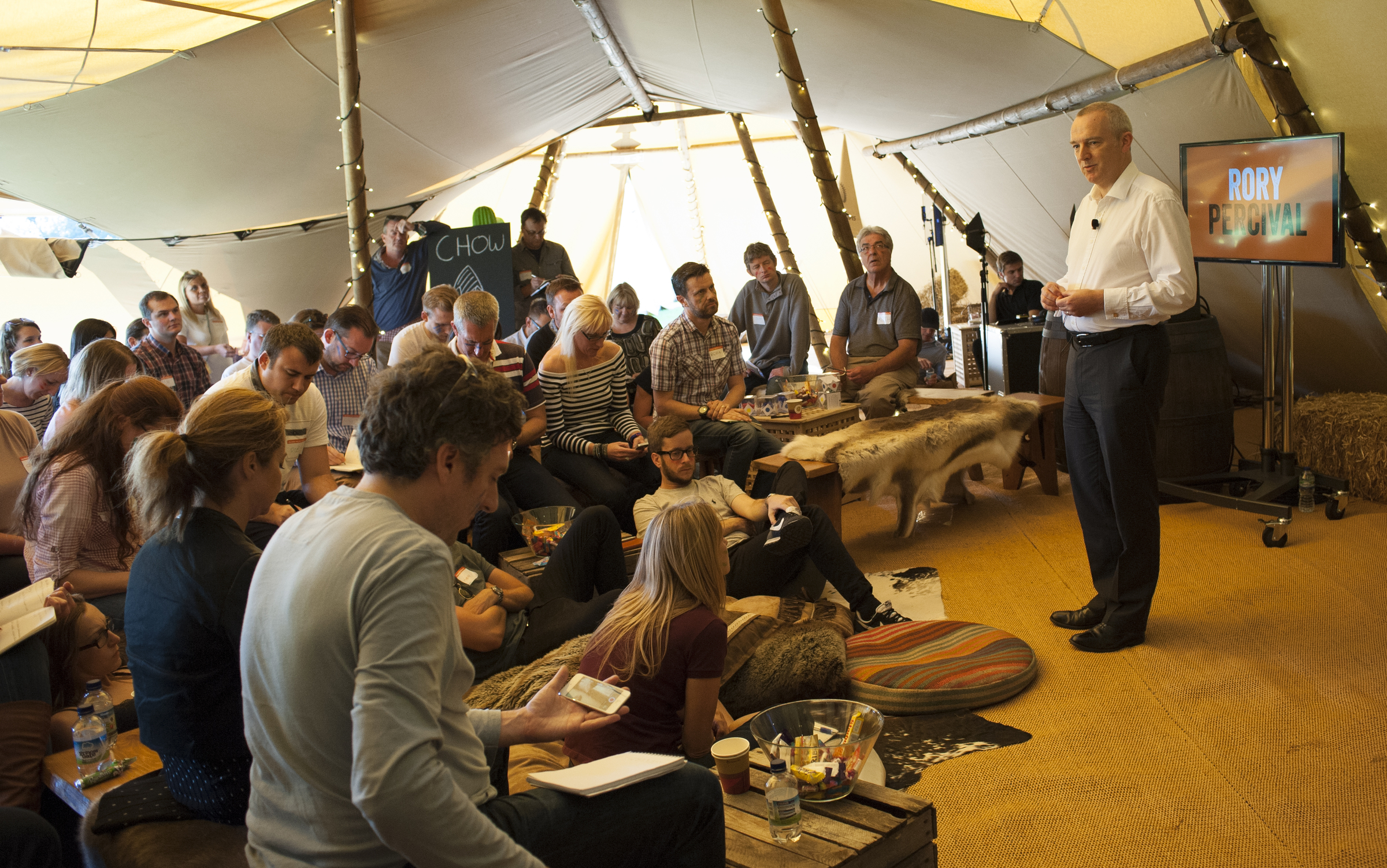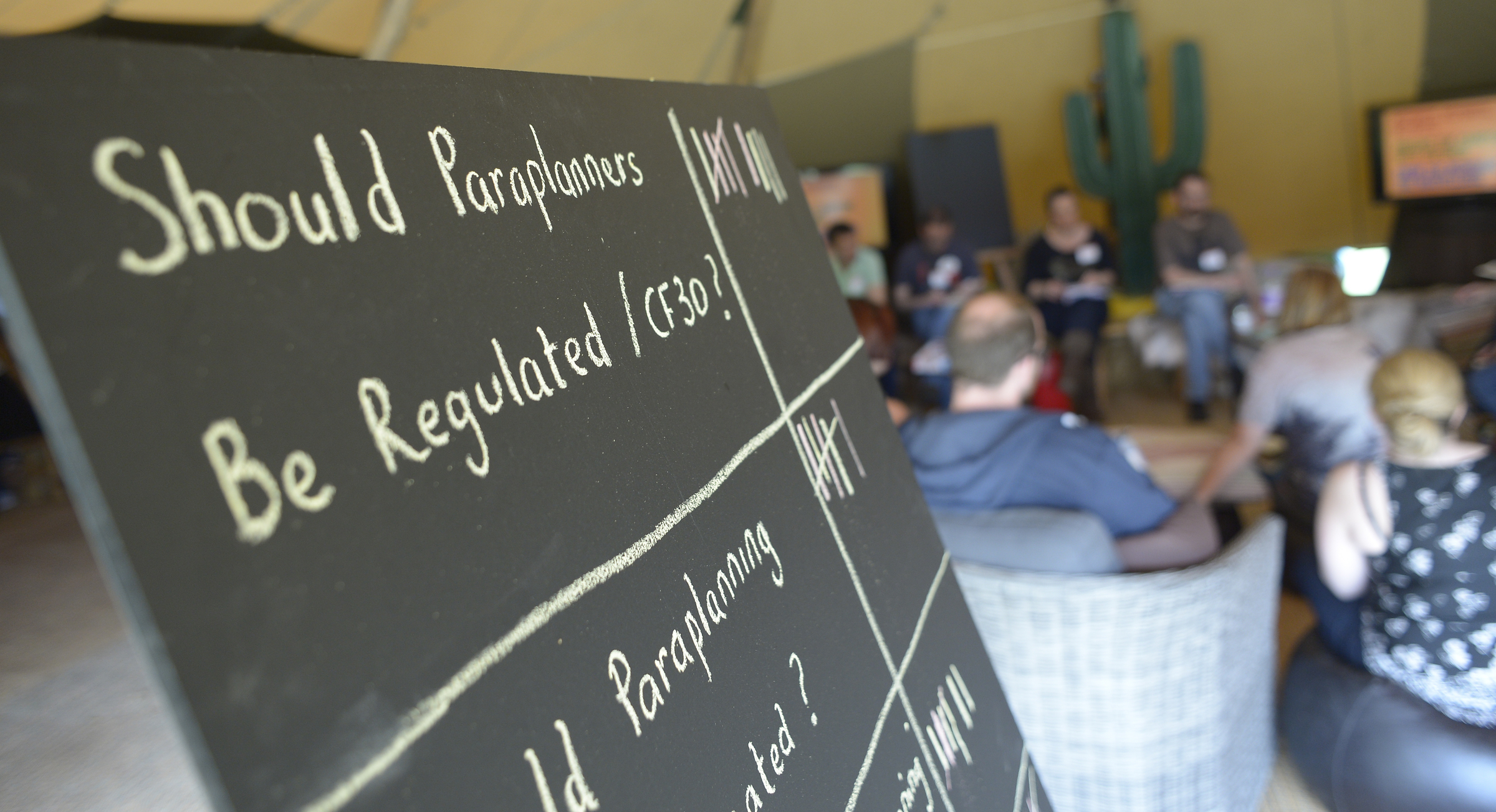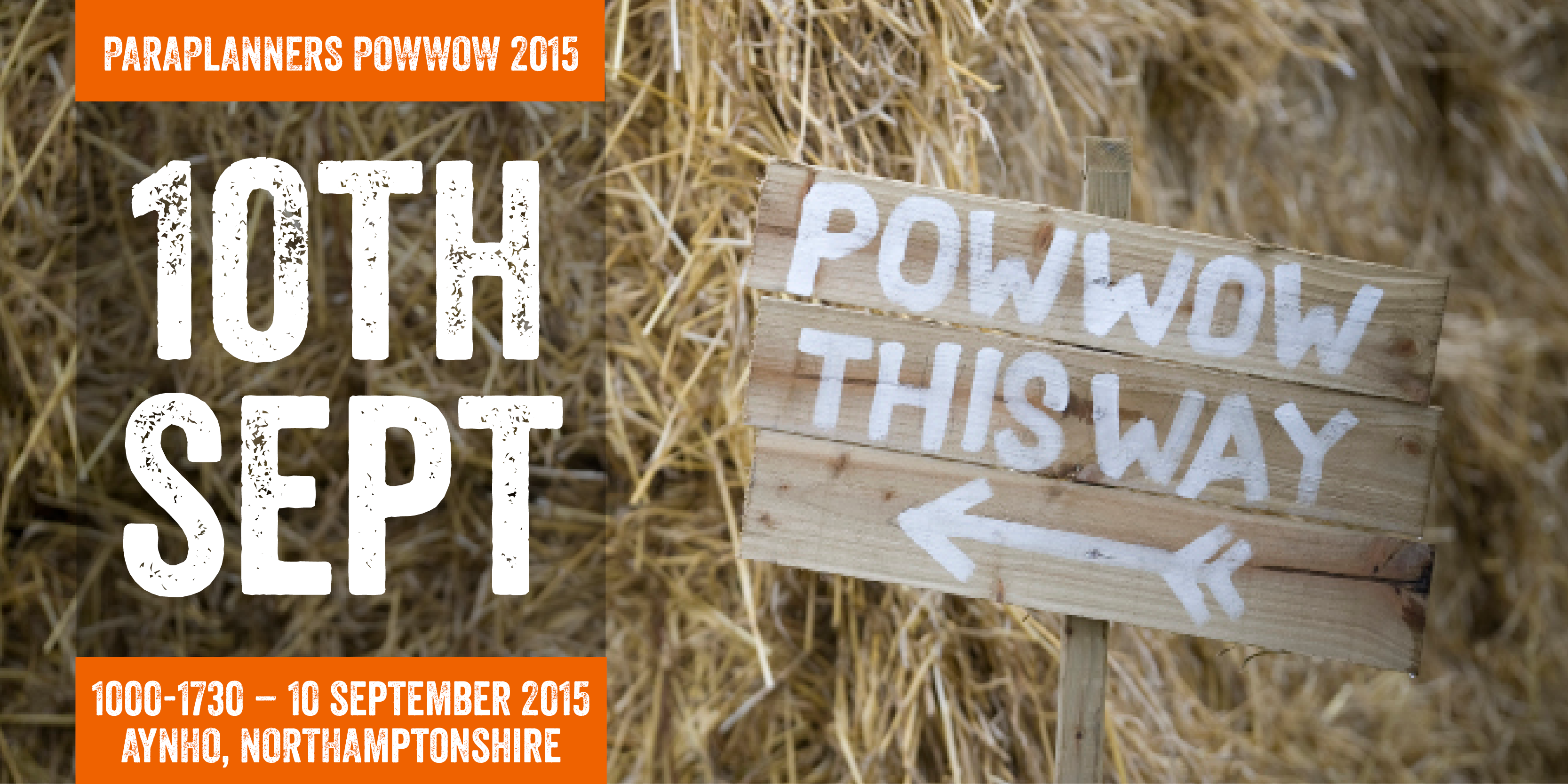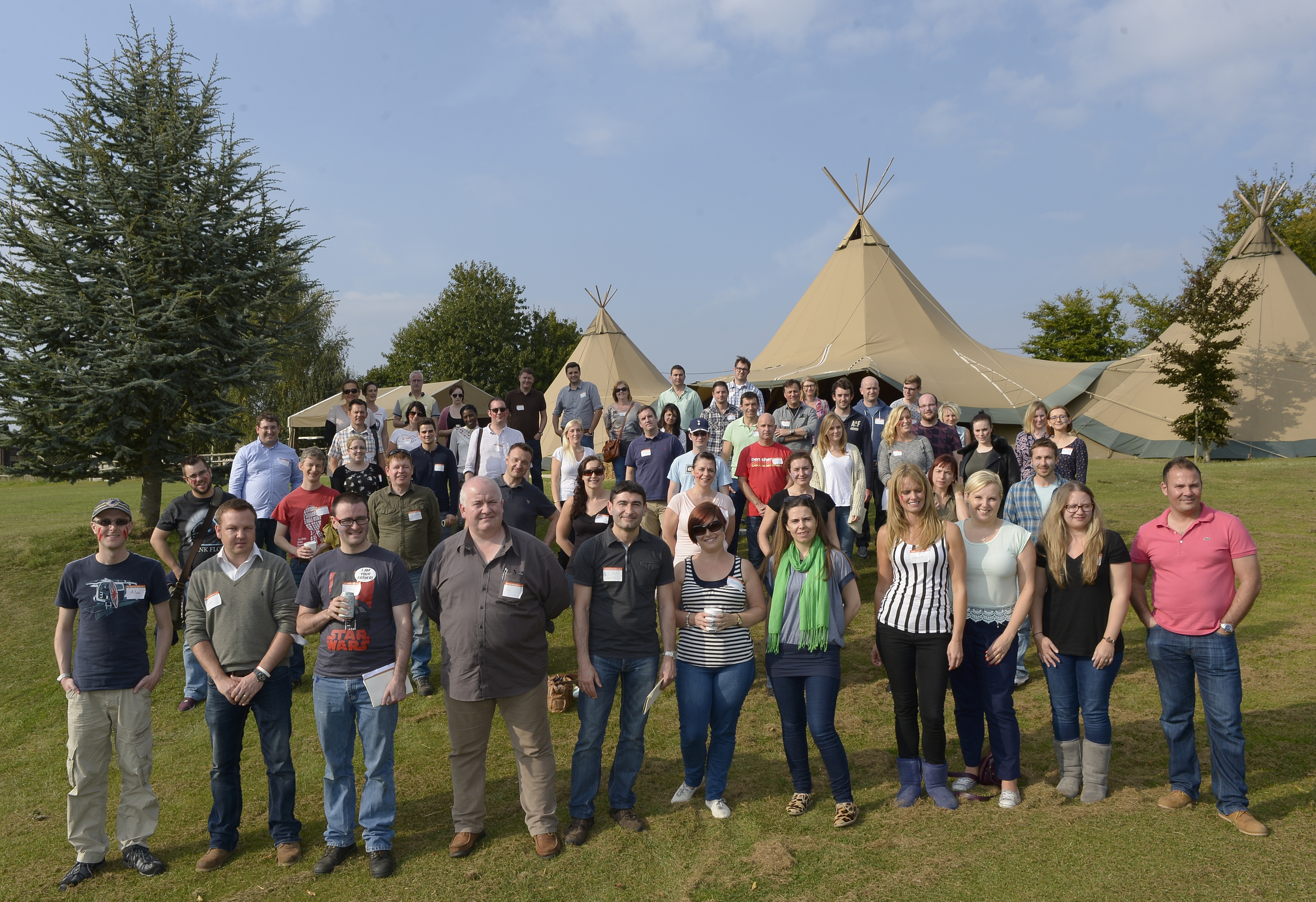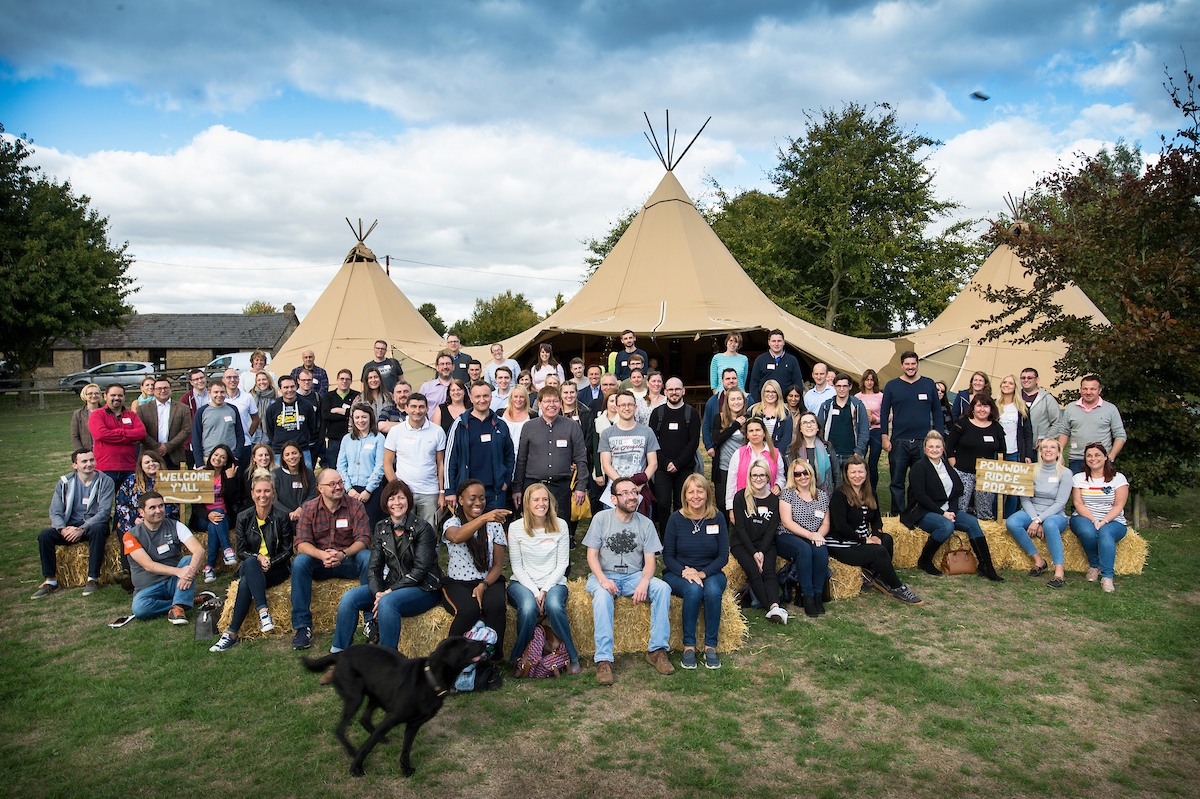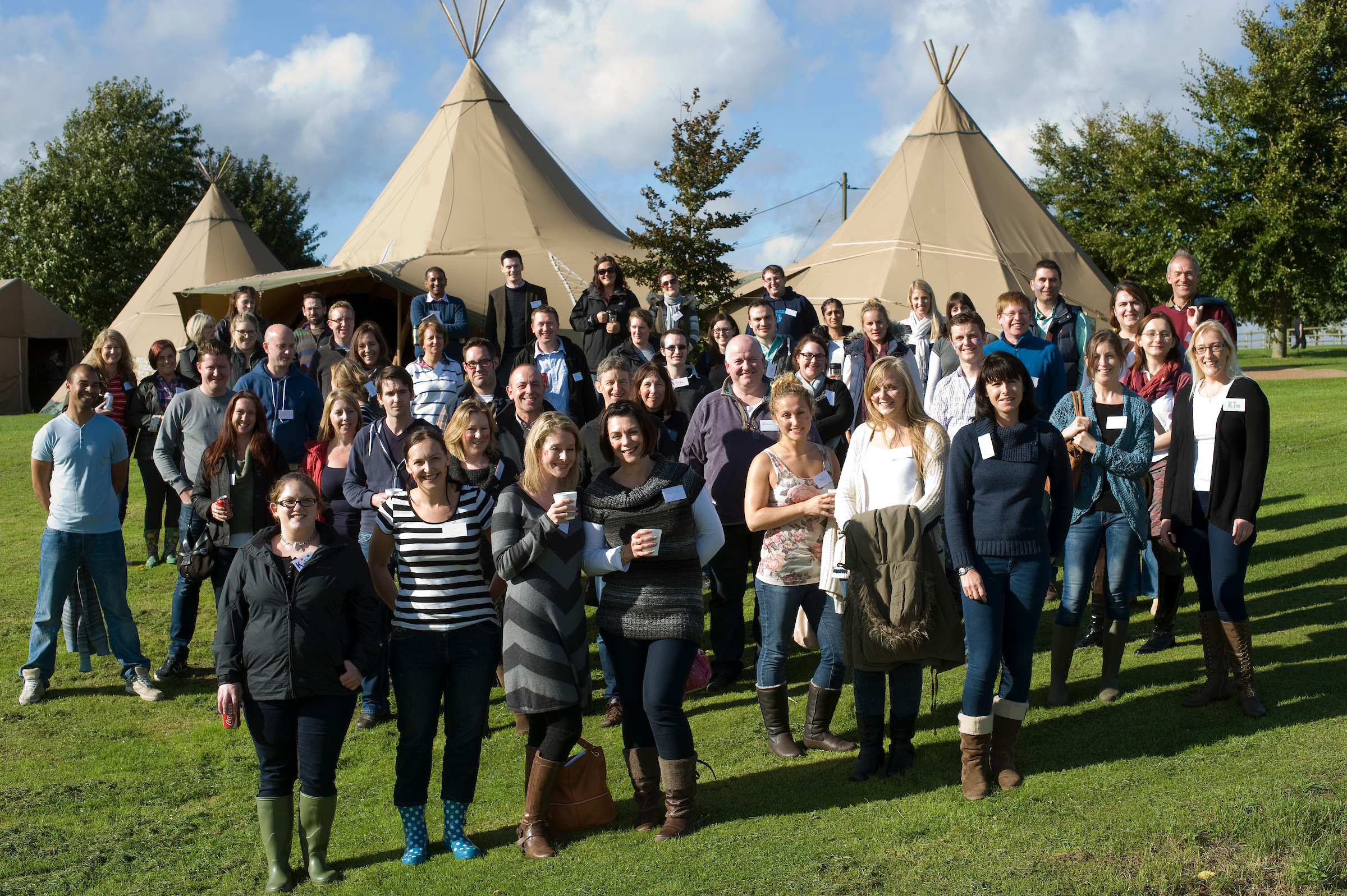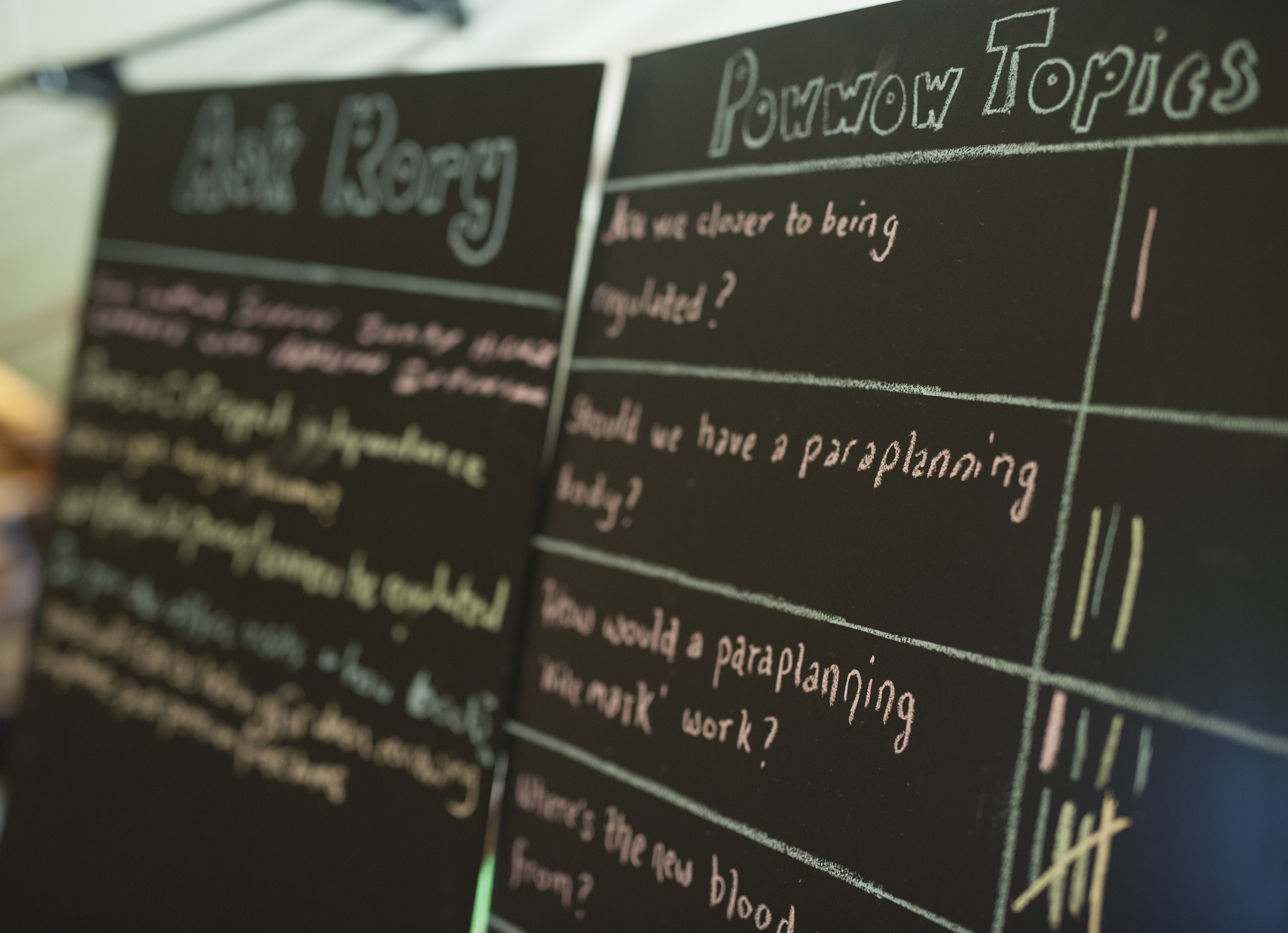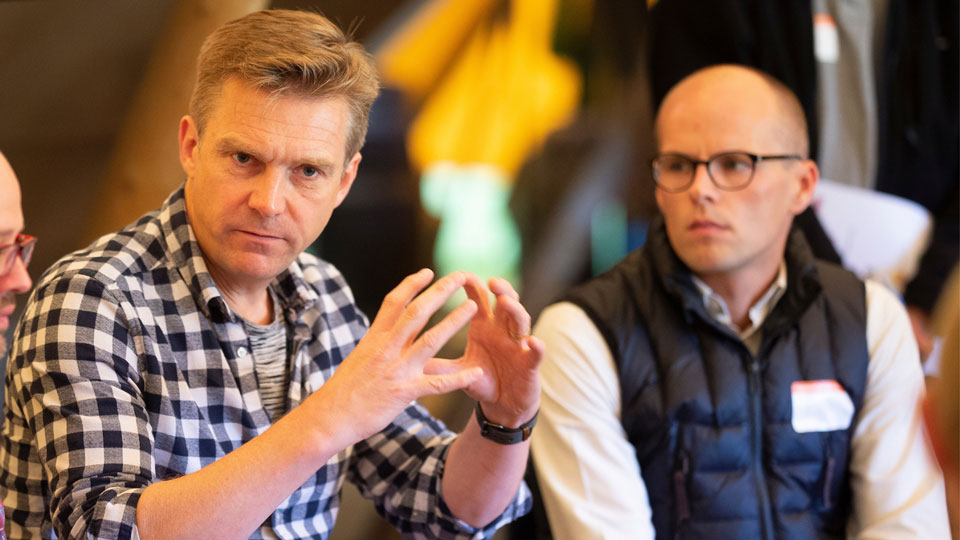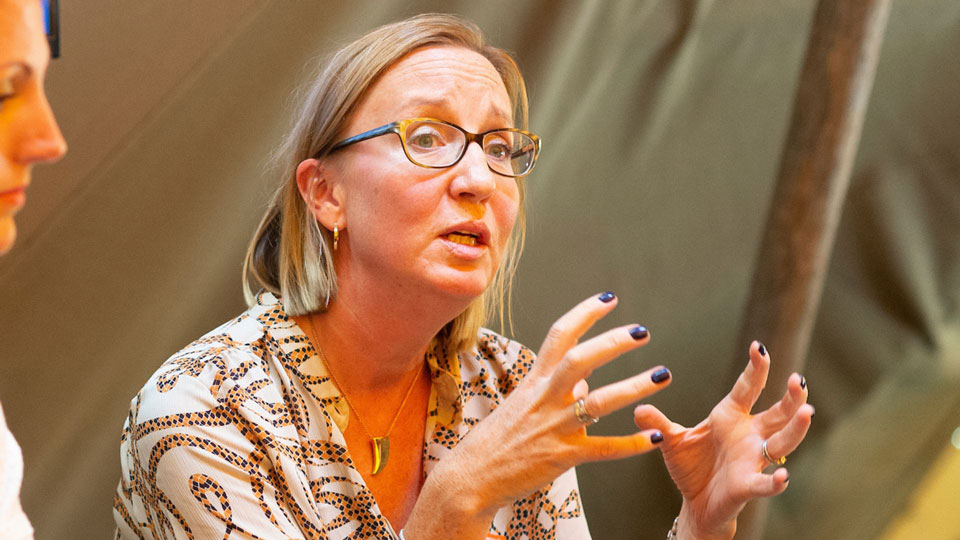Since the first-ever Paraplanners Powwow (have you seen the pictures?), we’ve had quite a bit of interest from paraplanners asking how and whether they could create a Powwow closer to home – McPowwows in Scotland, Powwow DownSouth and LlanPowwow in Wales, for instance.
We’d love as many paraplanners as possible to grab hold of the Powwow idea and organise events – however and wherever you’d like.
But don’t feel you need anyone’s permission to create your own event because, just as Tim Berners-Lee once said about something else: ‘this is for everyone’.
What we would like to do is support any Powwow as much as we can. So here’s the first in a two-part post on ‘How to start your own Powwow’.
This week, we’re giving you a flavour of the organising principles behind the Paraplanners Powwow and how this might apply to your very own event. Next week, we’ll let you know about practical ways in which we can help one another and support your successful Powwow.
The spirit of the Powwow
The Paraplanners Powwow stemmed from a simple idea:
To provide a place where paraplanners can meet to exchange views about the future of our profession, to learn things, to fix things and to share things.
We’d love to see Powwows – no matter how large or small – adopt that self-same spirit that led to the very first Powwow. (So keep that thought at the back of your mind throughout.)
The six organising principles of the Powwow
For the first Powwow, we adopted some ‘organising principles’ that we think gave the event its distinctive character (apart from the fact that it was staged in a field in a massive teepee, of course). If you’re thinking of putting on your own Powwow, here’s what they were:
1. (At least) two’s a crowd
Take inspiration from the organisers of PowwowUpNorth and share the load: Find at least one other person you know and organise the event together.
For UpNorth, there are four organisers: Jo, John, Jared and Claire. (It’s not essential that at least half of your Powwow organisers share the same initial letter of their first names though.)
In next week’s post, we’ll let you know how the marvels of modern technology made managing ticket bookings and things really easy.
2. Powwows are not-for-profit events
That’s right. Powwows are voluntarily organised by paraplanners – even the first Powwow in Ayhno last month.
Every penny that participants and supporters parted with was invested entirely in the staging of the event.
The only people that were paid were the crews who built the teepees, the team that cooked the food and event support – like sound and vision crews, for instance.
Our ambition was to create a place where paraplanners could meet at the lowest possible cost. And, ideally, the lowest cost would be ‘Free’. (We didn’t quite manage that but, at £25, participants’ contributions were limited to a tenth of the total cost per participant.)
3. Powwows are designed by paraplanners for paraplanners
The Powwow adopts an ‘unconference’-style format. This means that, in advance of the event, participants get to pick the topics they want to talk about and decide on the priority through voting.
Organisations or brands who are supporting your Powwow should only contribute to discussion about topics that paraplanners themselves have determined or participate in ‘the spirit of the Powwow’, which we mentioned above and doesn’t mention ‘pushing our products and services’.
(Next week, we’ll let you know how we can help you decide on your Powwow agenda using the Paraplanners Powwow’s survey tool.)
4. Powwows are unwaveringly independent
What we mean by that is that the Powwows are not forums in which organisations or brands can pitch-up and flog their wares.
Because the event is designed by paraplanners for paraplanners (see 3, above), it’s paraplanners who decide what’s on the agenda rather than being subject to the agenda of others.
Organisations and brands supporting Powwows are precisely that: supporters (not sponsors). Sponsorship brings with it certain rights for sponsors, whereas being a supporter brings no rights at all.
But that doesn’t prevent direct involvement in the event by supporters of Powwows, so long as their participation is in keeping with the spirit of the Powwow: ‘To provide a place where paraplanners can meet to exchange views about the future of our profession, to learn things, to fix things and to share things’.
At the Paraplanners Powwow in September, for instance, Legal and General decided to create a workshop environment in which they could work with paraplanners to learn things and to fix things. And, in a selfless act, AXA Wealth’s Steve Owen took both barrels from the gathering about all platforms – not just AXA Elevate.
At Powwow UpNorth, UBS are providing the space in which the Powwow will take place (and that’s all).
5. Participants – not ‘delegates’ or ‘attendees’
Powwows aren’t events that are put on for people; people are the Powwow, so make sure people realise they’re there to take part before they turn up!
6. Wherever possible, chocolate and top-notch sweets should be provided
Because life’s a box of chocolates; not a saucer of boiled sweets.
Right. That’s the spirit of the Powwow and the six organising principles dealt with. Tune in next week (probably Friday. In fact, here’s a handy link to it) for the next instalment on practical ways in which we can help you organise your Powwow.
If you want to get in touch about organising a Powwow, just tweet us at @ParaPowwow or e-mail us at [email protected].

